Chewy. Flaky. Velvety.
Scalloped edges and ridged lines curve into words of fortune in the center of the cake. Red bean and lotus paste stuff the core.
She crafts this sweet dessert with her parents at the same time every year.
A food for family and culture. A mooncake for the Mid-Autumn Festival.
Junior Ellen Dai celebrates the Mid-Autumn Festival, a traditional Chinese holiday on the 15th day of the eighth month of the lunar calendar, by making mooncakes with her parents.
“Making yue bing, mooncakes, is one of my favorite things to do,” Dai said. “It’s more than just a food. It has a special meaning as well, which is connecting with your family.”
But the real treat is the stories and poems her parents share with her such as “Quiet Night Thoughts” written by Li Bai, a poem about looking at the moon and back on your village and family, Dai says.
Even though Li Bai didn’t write the poem specifically for the Mid-Autumn Festival, his appreciation of the moon resonates with people who celebrate the holiday.
“The moon is kind of like a symbol of reunion [with its] round circle,” Yabei Yin, magnet coordinator, said. “That’s the symbolism of the festival: family getting together.”
Junior Samuel Deng celebrates the Mid-Autumn Festival at his church, Houston Chinese Church. The church hosts cultural performances and Kahoot games on Chinese customs. He said the festival is a time to appreciate others. However, Deng finds that spending time with his relatives is difficult.
“The rest of my family is in China,” Deng said. “So it’s kind of hard to be reunited.”
Dai, like other Chinese Americans, can relate to this struggle.
“I can’t travel, or personally seek a train or anything [to see my family in China],” Dai said. “I’m not able to do that.”
Nowadays, Dai FaceTimes her grandparents. But even that’s an issue, simply because of the 12-hour time difference. She has to call her grandparents either early in the morning or late at night.
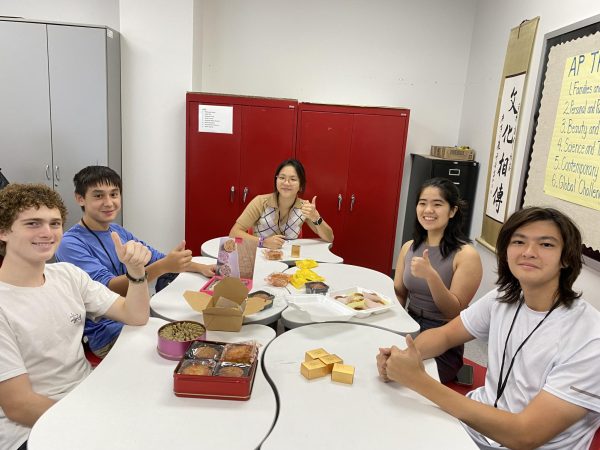
That doesn’t stop Chinese teacher Chu Tsai.
“When I see the moon, I think about my parents,” Tsai said. “So I call my parents and let them know how much I missed them.”
Tsai used to live in Taiwan, where her family would have large gatherings to celebrate the holiday. They would grill barbecue, sing karaoke and drink beer together. But they wouldn’t celebrate inside.
They ate outside to show that they had more food to give.
“So our neighbors, anyone who [passed] around our house, we invited them to stop by and eat whatever we had,” Tsai said, who explained that it was just like Halloween. They handed out candy to kids who stopped by.
“The more people coming in, the more good fortune coming in,” Tsai said. “The more people get together, the less alone the year [is] gonna go. So you, for a whole year, will feel full of joy and laughter.”
Although Tsai doesn’t have her parents with her for large family get-togethers anymore, she stays connected to her culture by teaching all five levels of Chinese. Tsai always asks her students to bring in mooncakes to share with the class in order to teach them about the Mid-Autumn Festival.
“We keep practicing [our customs], and we hope our next generation will continue,” Tsai said.
Thankfully, she won’t have to worry about the tradition dying out any time soon. The celebration of the moon will continue.
Because of people like Ellen Dai, who makes mooncakes with her family.
Because of people like Samuel Deng, who celebrates his culture with his church.
“I would tell [younger generations] to just go home and spend time with your parents,” Tsai said. “Remember the certain things we need to do with our family.”



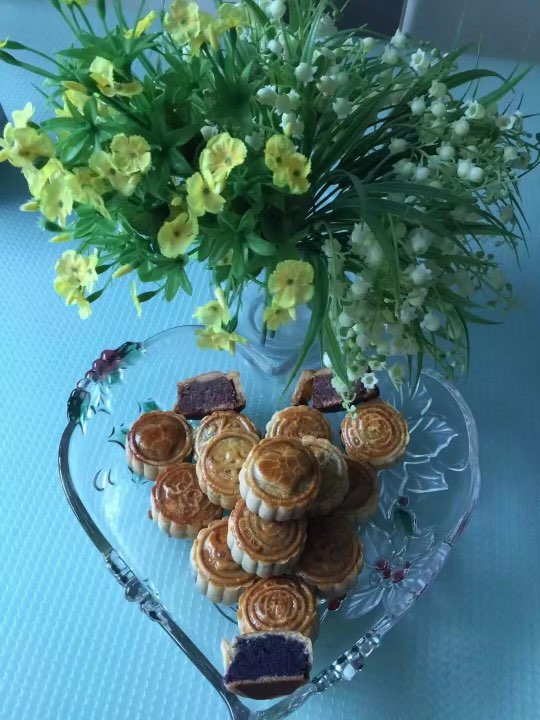
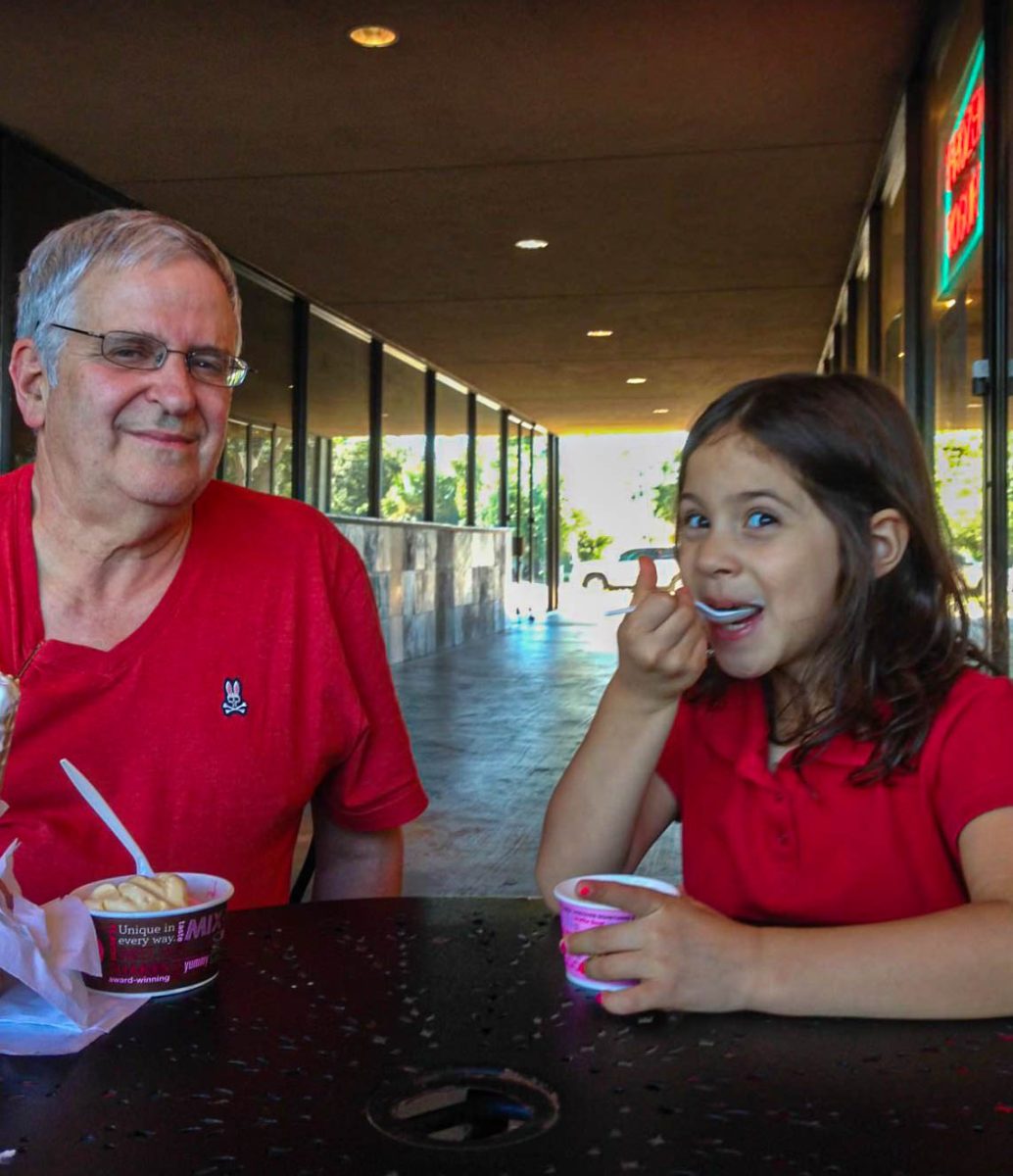
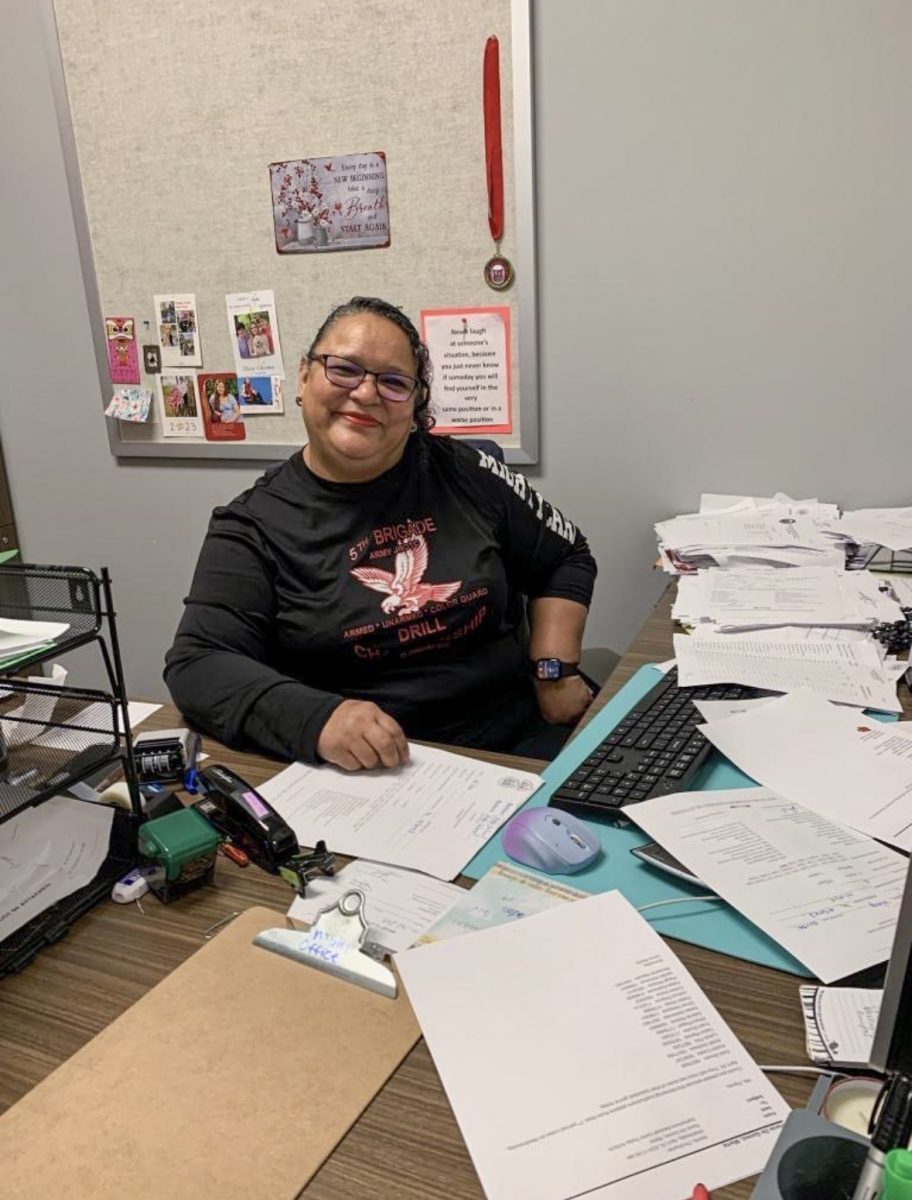

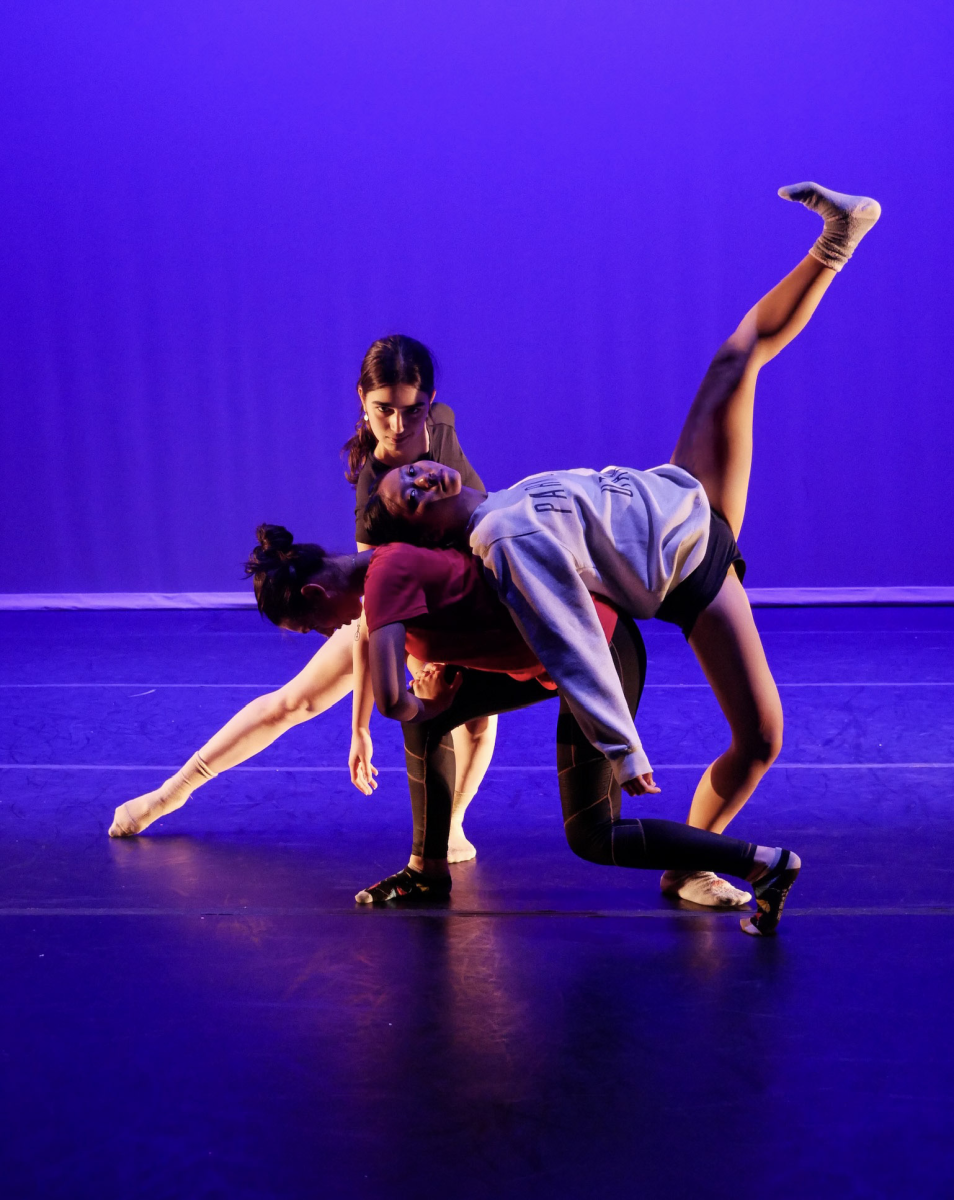
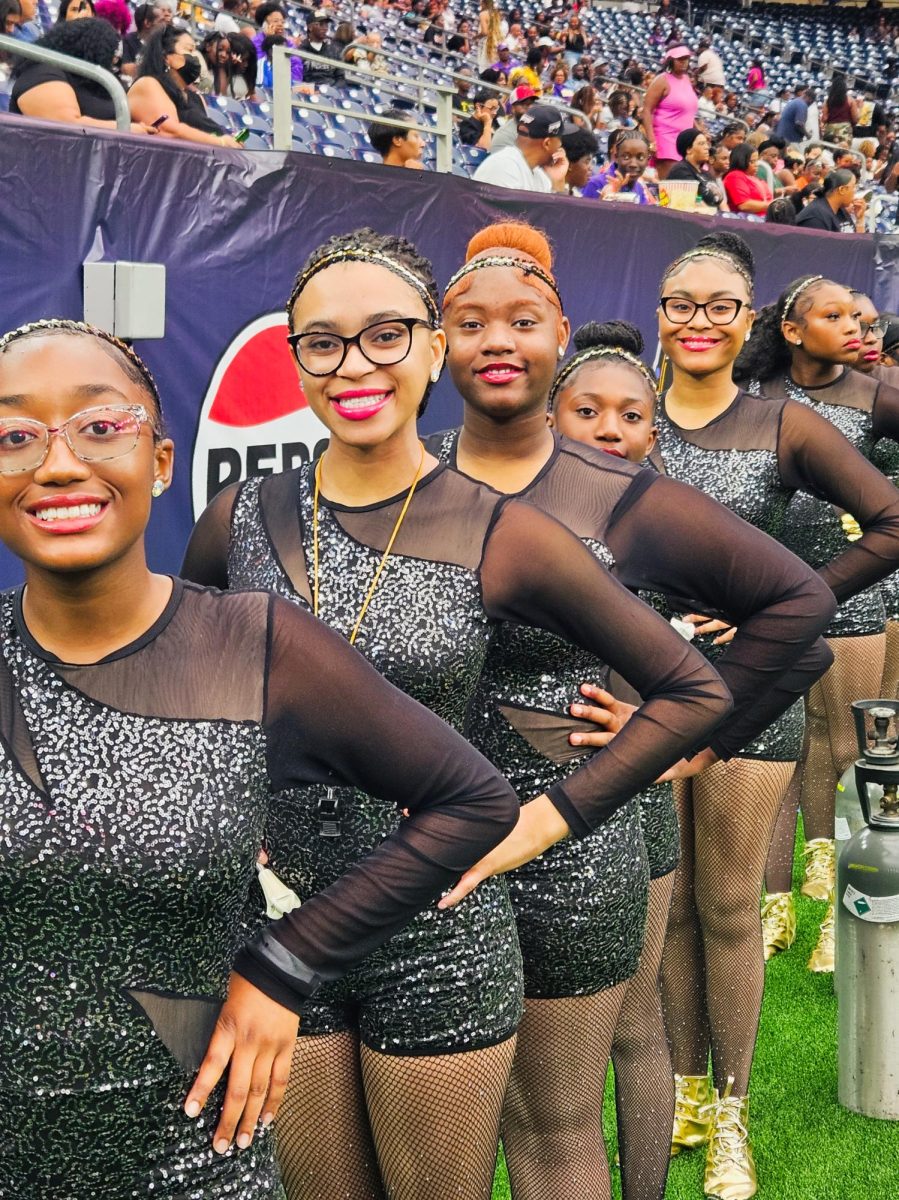

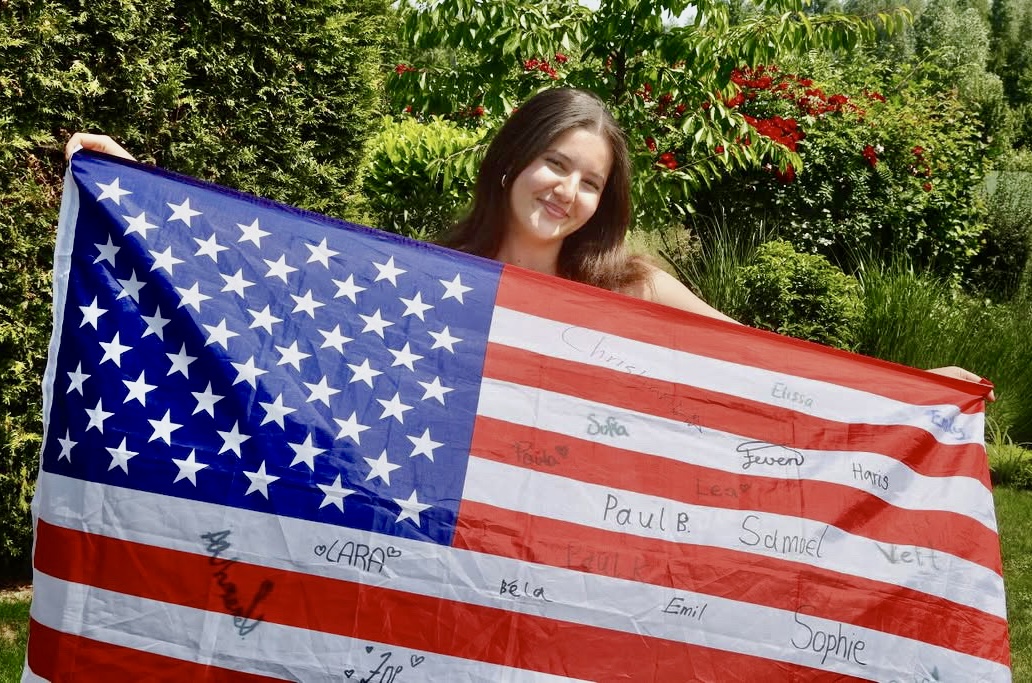
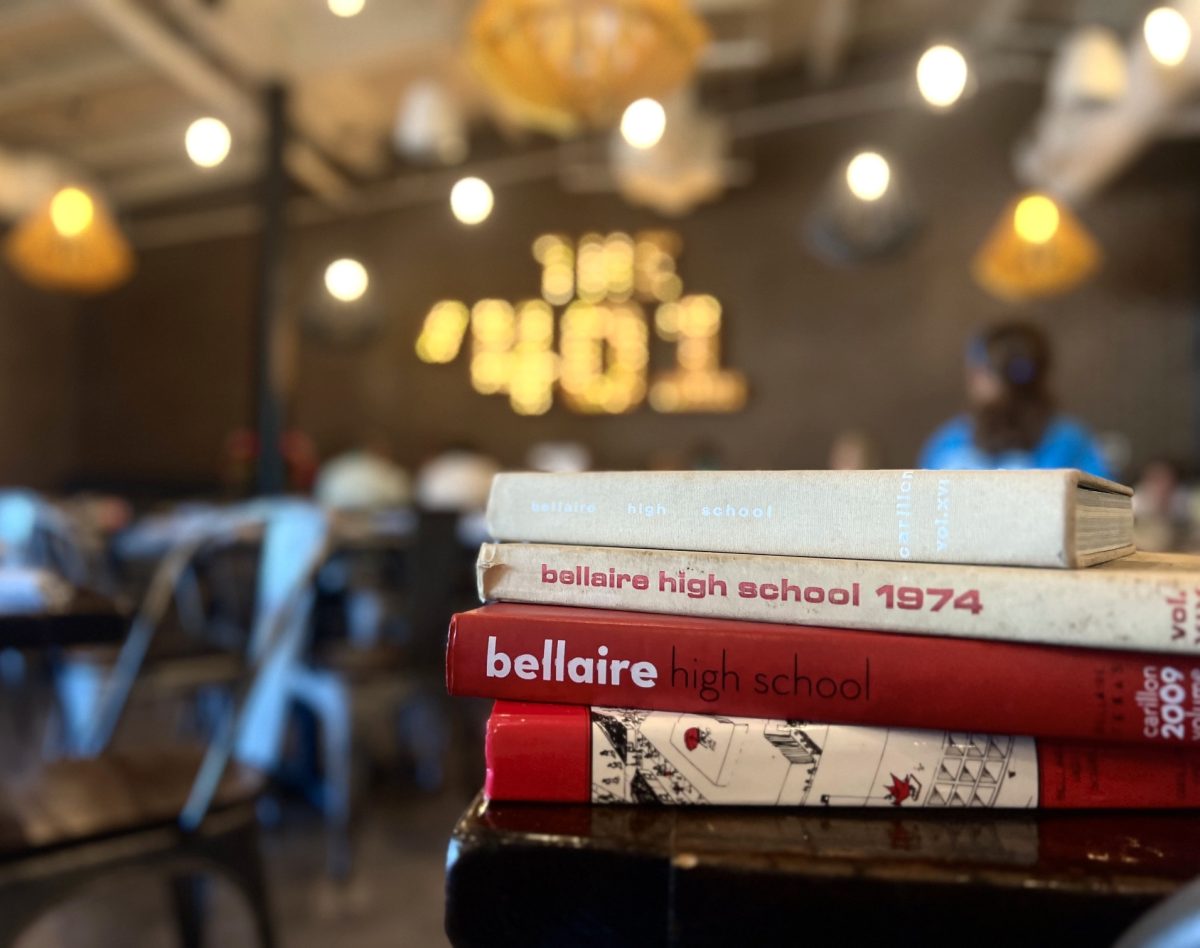
Claire B • Oct 1, 2023 at 5:35 pm
Really lovely writing Clarissa!! I love the vivid imagery :)) Definitely consider writing a food review at some point, cus I’m loving the description!
Lillian Harris • Sep 30, 2023 at 2:14 pm
I just love how this story turned out! Lots of hard work pays off. Beautiful writing Clarissa!
Alexander Tang • Sep 29, 2023 at 9:14 pm
Wow! This is a great article! I love the Mid-Autumn Festival!